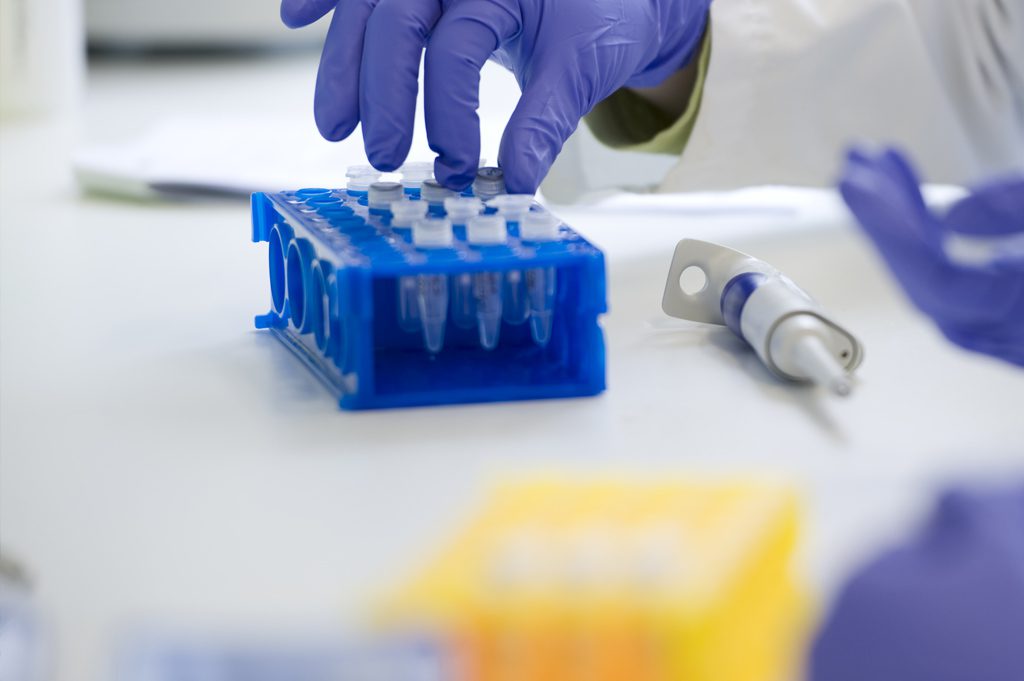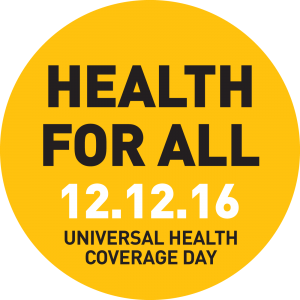Blog: Health for all. Universal Health Coverage Day 12/12/2016
12/12/2016

 Universal Health Coverage is celebrated today across the globe as a call to national and international policy makers that everyone has the right to health, including “access to safe, effective, quality, and affordable essential medicines and vaccines for all” (UHC target 3.8). However, the North-South gap in access to essential medicines is far from being bridged, for both communicable and non-communicable diseases. In addition, people living in poor countries and/or settings face not just a gap in access or availability of essential medicines. They are also at greater risk of getting non-effective or even toxic medicines, and critical accidents may be under-reported.
Universal Health Coverage is celebrated today across the globe as a call to national and international policy makers that everyone has the right to health, including “access to safe, effective, quality, and affordable essential medicines and vaccines for all” (UHC target 3.8). However, the North-South gap in access to essential medicines is far from being bridged, for both communicable and non-communicable diseases. In addition, people living in poor countries and/or settings face not just a gap in access or availability of essential medicines. They are also at greater risk of getting non-effective or even toxic medicines, and critical accidents may be under-reported.
According to Raffaella Ravinetto, chair of the Be-Cause Health Platform Medicines Working Group, there is abundant evidence that poor-quality anti-malarials contributed to increased mortality and to the rise in resistances to old medicines, and that poor-quality antibiotics may now contribute to fueling antimicrobial resistances. But academic articles and technical papers can be difficult to understand for non-specialists. The advocates of access to medicines have managed to make complex intellectual property issues understandable by the scientific and international community, so creating a powerful movement which has been able to trigger important changes. Access Advocacy should now incorporate the concept of “quality”, and develop adequate communication tools for explaining in lay language the meaning of medicines quality, the factors enhancing or hindering it, and the concrete consequences of poor-quality medicines for individual and public health.
Despite an increasing awareness of the problem and the launch of some positive initiatives, the divide in pharmaceutical quality between the North and the South remains great, and an important advocacy effort is needed to support medicines regulatory authorities in low and middle income countries to enable them to eliminate poor quality medicines. The fight to ensure universal access to quality medicines needs the participation of all, and can only be successful if grounded in common understanding.
Read more HERE. Ref. Ravinetto R, Vandenbergh D, Macé C, Pouget C, Renchon B, Rigal J, Schiavetti B, Caudron JM. Fighting poor-quality medicines in low- and middle-income countries: the importance of advocacy and pedagogy. Journal Pharm Policy Practice 2016; 9:36; DOI: 10.1186/s40545-016-0088-0 (open access publication, you can put the journal website)



